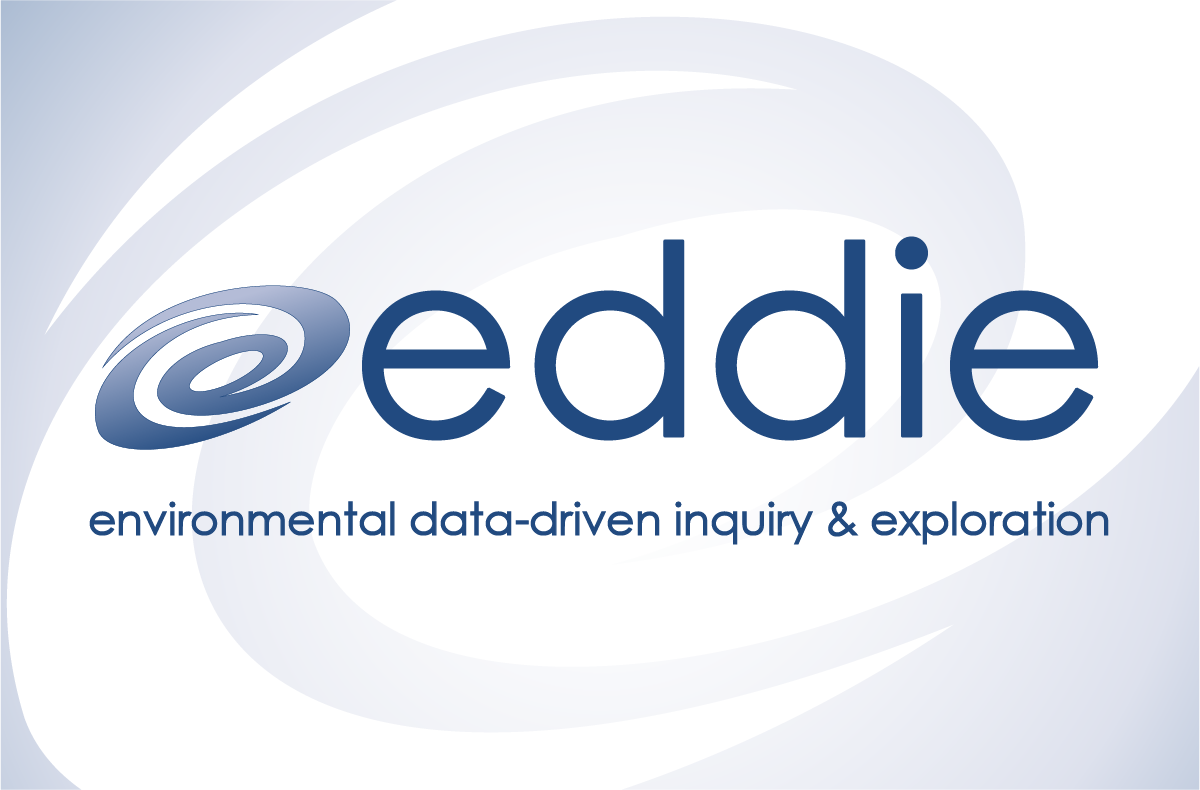Water Quality Investigation (Project EDDIE)
Author(s): Melissa Hage
Oxford College of Emory University
1516 total view(s), 677 download(s)
Water Quality Lecture Presentation modified.pptx(PPTX | 37 MB)
water_quality_module_student modified.docx(DOCX | 38 KB)
Water Quality Teaching Notes.docx(DOCX | 30 KB)
- License terms
Description
Water is one of the Earth’s most precious resources, and is involved in many biogeochemical processes. Human activities often lead to problems with water quality. Concentrations of dissolved substances in freshwater varies over time and space, and depends on surrounding anthropogenic factors. Water quality significantly impacts not only ecosystem health (plants, animals, microorganisms, and other species) but also humans who depend on freshwater resources for recreation, tourism, and our very basic needs of waste management and drinking water.
This multi-part module that will be completed over 2 75-min class periods aims to help you understand the variability of concentrations of dissolved substances in stream water and identify some reasons for this variability. You will learn how to find publicly available water quality data. You will explore and evaluate water quality concerns with real-time data from regulatory entities, and learn about water quality ecosystem and human health implications.
Learning Objectives:
- Understand the variability of concentrations of dissolved substances in stream water and identify some reasons for this variability.
- Find regulatory guidelines for nitrate concentrations in surface water, find real-time nitrate concentration data, and recognize when observed concentrations exceed guidelines
- Evaluate natural and anthropogenic factors that cause the concentrations of nitrate to change over time
- Define the meaning of “statistical probability,” and use this term as a regulatory tool to evaluate a potential drinking water resource
- Evaluate nitrate trends in urban vs. rural environments and formulate a statement relating water quality and land use.
Project EDDIE (Environmental Data-Driven Inquiry & Exploration) is a community effort aimed at developing teaching resources and instructors that address quantitative reasoning and scientific concepts using open inquiry of publicly available data. Project EDDIE modules are designed with an A-B-C structure to make them flexible and adaptable to a range of student levels and course structures.
Cite this work
Researchers should cite this work as follows:
- Hage, M. (2020). Water Quality Investigation (Project EDDIE). Project EDDIE Faculty Mentoring Network, QUBES Educational Resources. doi:10.25334/C4C3-3S91
